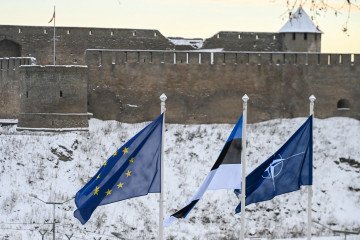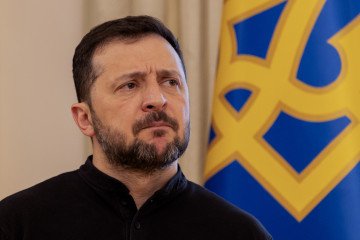- Category
- Latest news
Russian Security Forces Target Students in Occupied Ukrainian Territories With Military Career Push
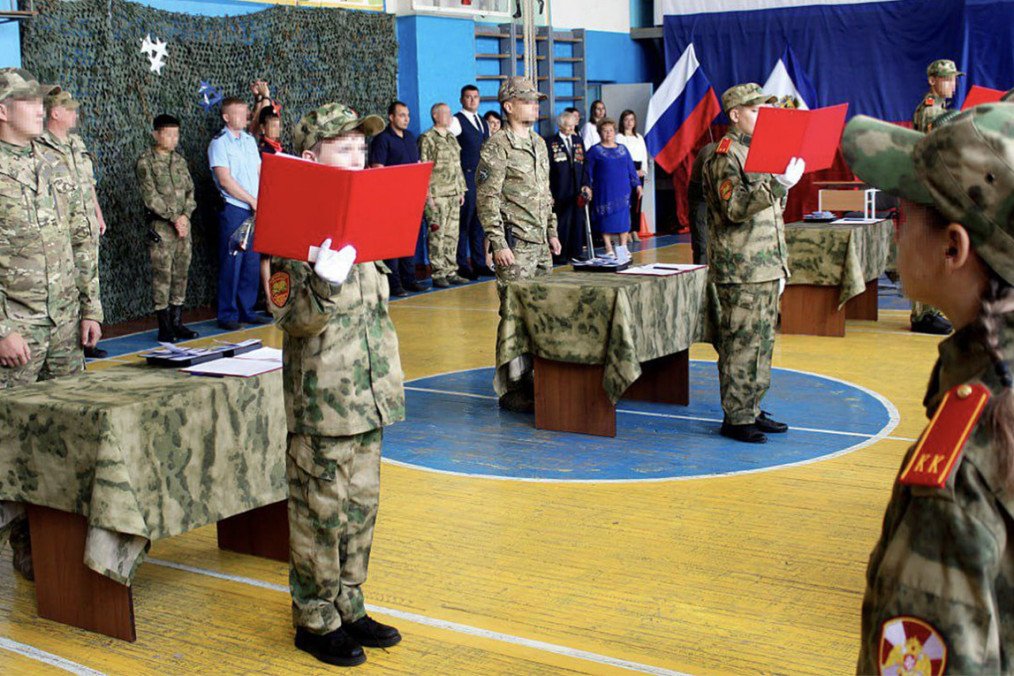
Since late February, Russian security forces have stepped up visits to schools and colleges in occupied Ukrainian territories, promoting enrollment in military and law enforcement universities under the guise of “career guidance.” Alongside talks on road safety and drug prevention, officers encourage students to pursue careers in agencies like the Interior Ministry, FSB , and FSIN , The Moscow Times reported on April 16.
Ivan Stupak, adviser to Ukraine’s national security committee, explained that security services see students as prime recruitment targets, citing the ease of approaching schools to select reliable candidates. These efforts coincide with a shortage of law enforcement personnel in Russia, with a reported deficit of 172,000 officers and a 23% gap in FSIN staffing, double that of 2021.
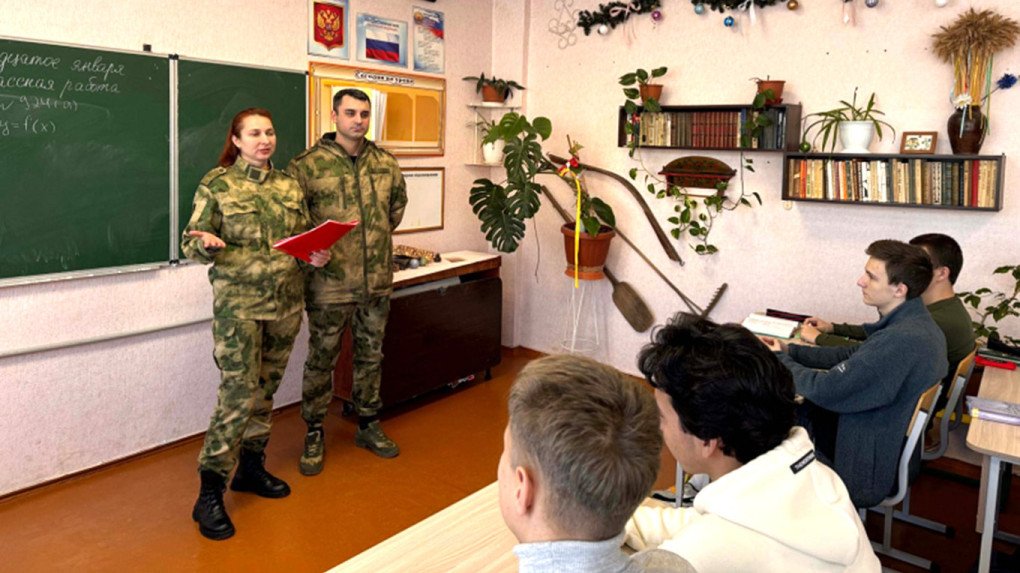
Salaries for police roles are well below the national average, with district officers earning around 49,000 rubles ($568) per month, according to The Moscow Times.
In temporarily occupied Kherson region, the Interior Ministry’s “Soldier of Law and Order” campaign targets both high schoolers and younger children. In Russian-controlled Melitopol and Skadovsk, similar events promote careers in the Emergency Situations Ministry.
In temporarily occupied Zaporizhzhia region, Russia offers classes affiliated with Rosgvardia , where students receive basic counter-terrorism and security training. By 2024, 18 teenagers had joined a National Guard class in Russian-controlled Berdiansk.
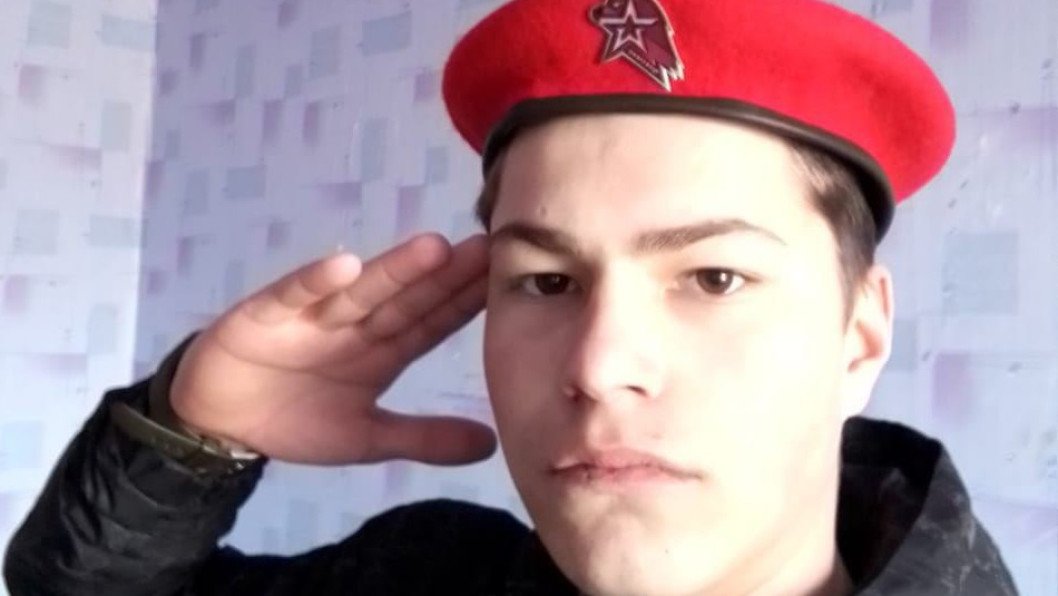
Stupak noted that schools are key for recruiting, with security officers using emotional tactics to gain students' trust. "It’s much easier to walk into a school, flash your badge, and ask the principal to bring out the most reliable students," he explained.
Since 2018, military-style cadet classes have been widespread in Russia. In Berdiansk, students are already learning military skills like rifle use, according to The Moscow Times.
In addition to cadet programs, Russia promotes Yunarmiya, a militarized youth movement that trains children to handle weapons and act as war correspondents. In schools, children honor Russian soldiers by naming desks after them.
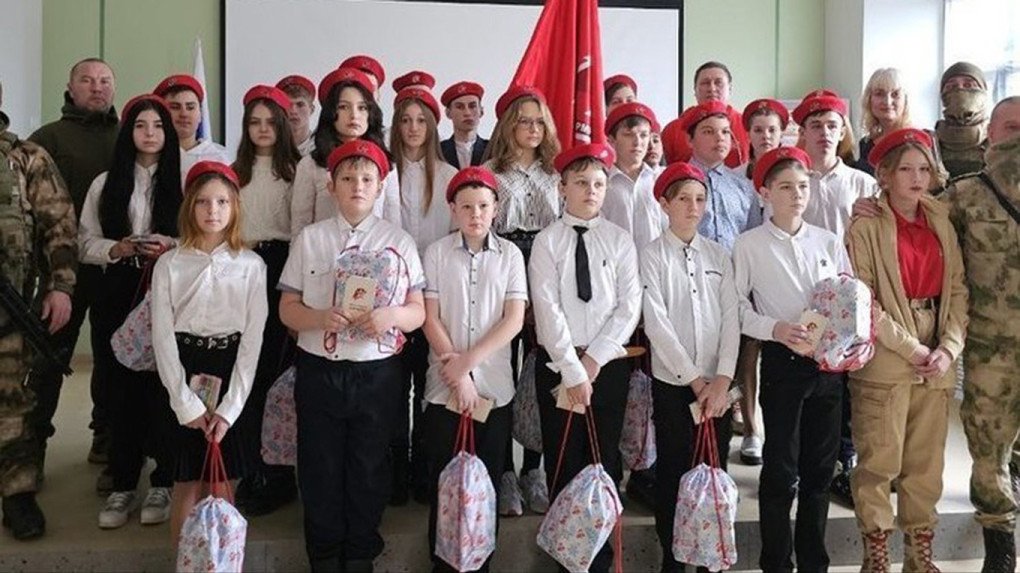
In November 2024, the UK sanctioned Yunarmiya leaders in Kherson, including Tatyana Zavalska, for her role in transferring Ukrainian children to Russia.
Stupak warns these efforts may lead to a future where indoctrinated teenagers fight against their own people. “If Ukraine tries to retake these territories, it won’t be Russians fighting us. It will be our own people,” he said.
Previously on April 15, The European Court of Human Rights (ECHR) officially began reviewing a case concerning the adoption of Ukrainian children by Russian citizens in Crimea, a region under temporary Russian occupation since 2014.
-b2fecf006e6a7ef2d3584636123ee64f.jpg)

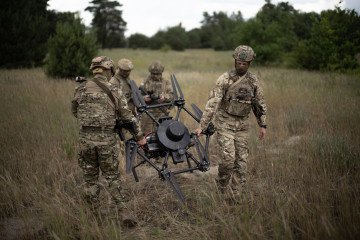
-c439b7bd9030ecf9d5a4287dc361ba31.jpg)
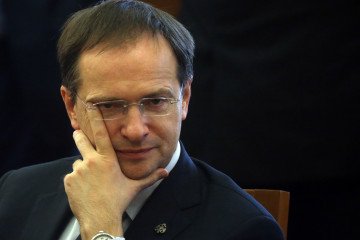
-111f0e5095e02c02446ffed57bfb0ab1.jpeg)
